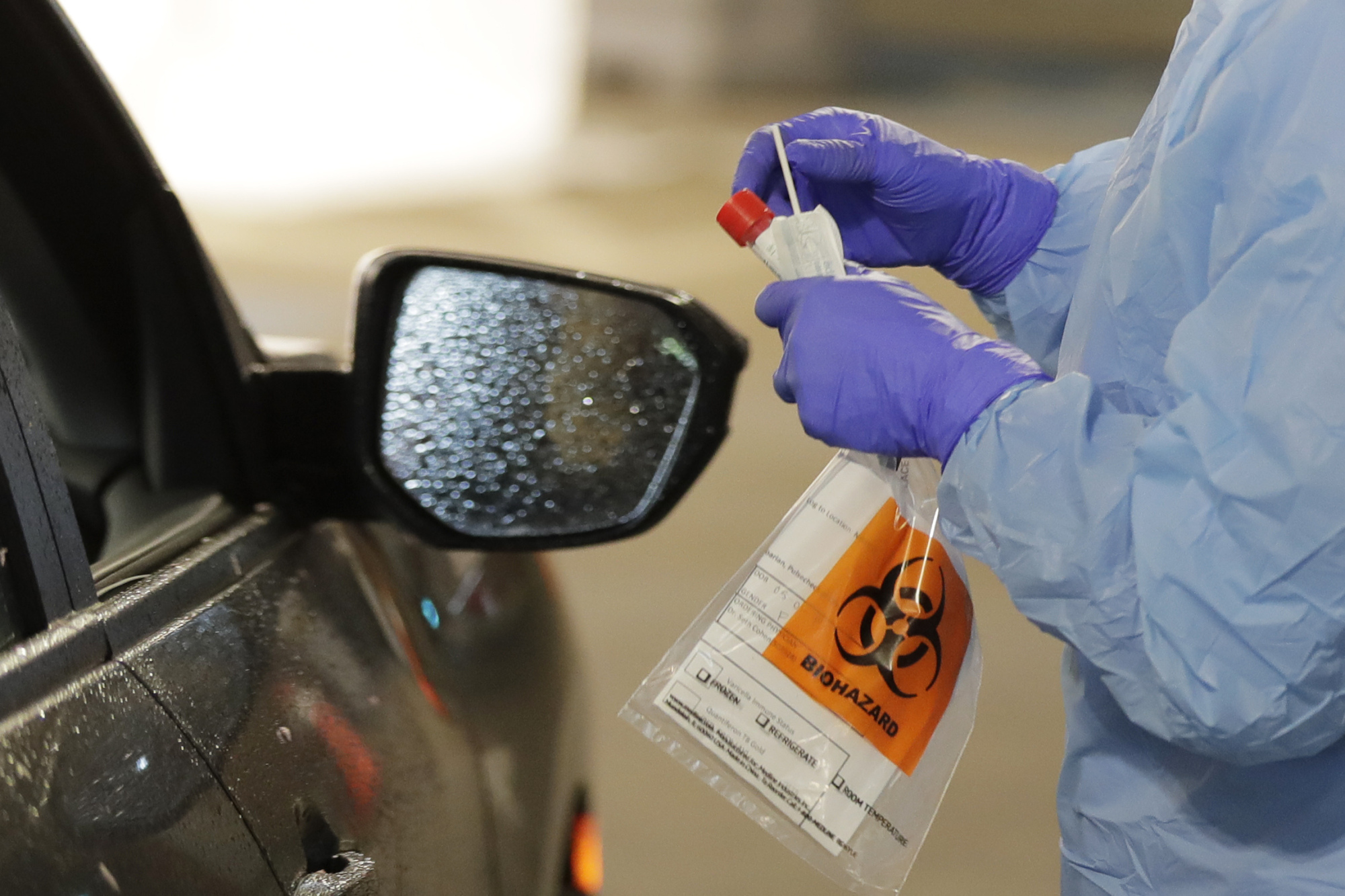Nizana Brautmann found out her 6-year-old son had been exposed to coronavirus via a note on the locked door of his Berlin day care center on Monday morning. It told parents to take their kids home and wait.
That was the last clear information she got. The center asked parents to decide whether to quarantine their families. Her doctor told her to stay away from his office and take over-the-counter cold remedies. A medical hotline advised herbal tea. Though her son had a cough and Brautmann was running a slight fever and had some trouble drawing a full breath, a test was surprisingly hard to come by.
Brautmann is just one among many. As the focus of the new pandemic shifts to Europe, authorities there have been slower to embrace the aggressive testing credited with helping to curb the spread in Asia. The U.K. changed its rules late Thursday to test only the most severe cases — people who require hospitalization — as officials there warned that as many as 10,000 Britons may be infected.



















With your current subscription plan you can comment on stories. However, before writing your first comment, please create a display name in the Profile section of your subscriber account page.